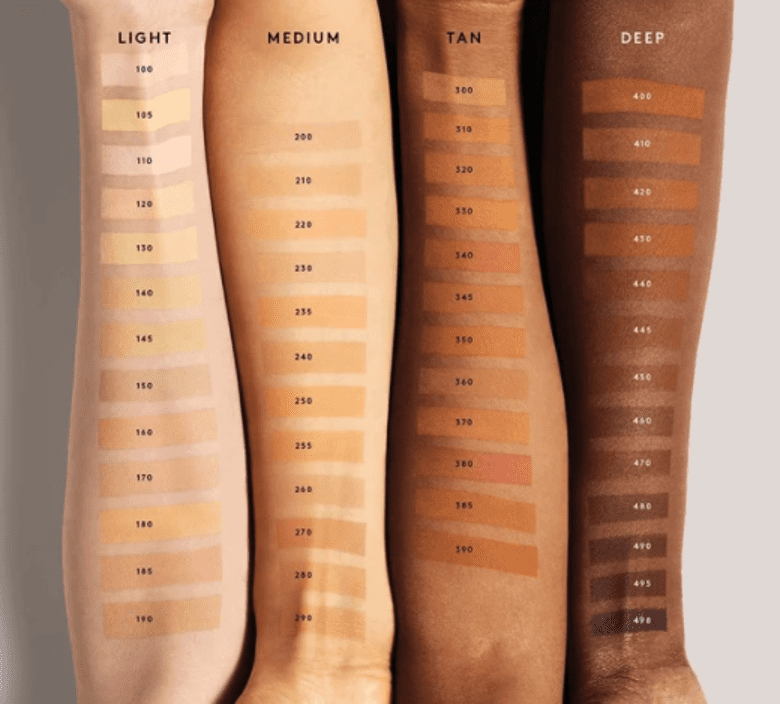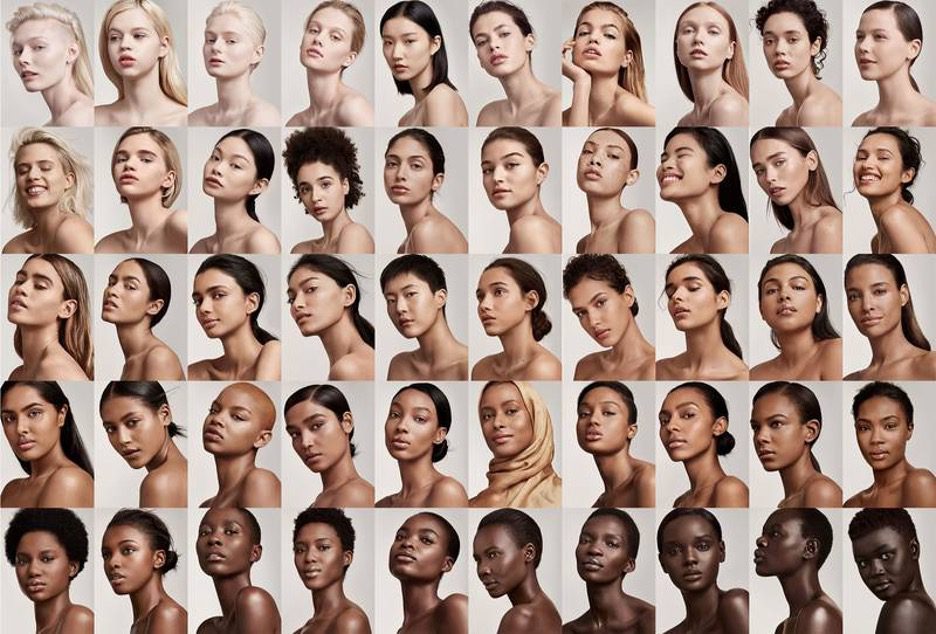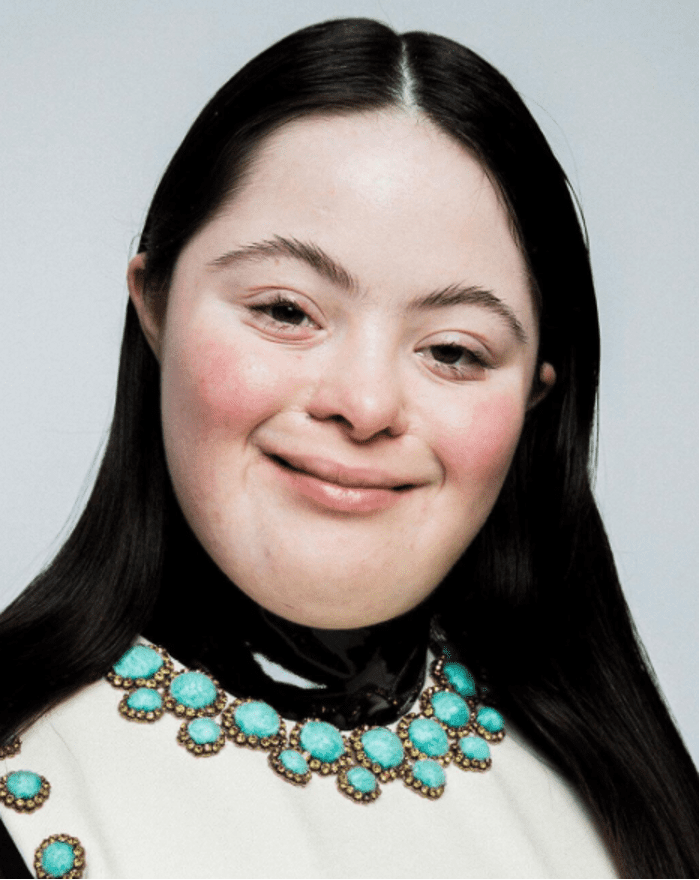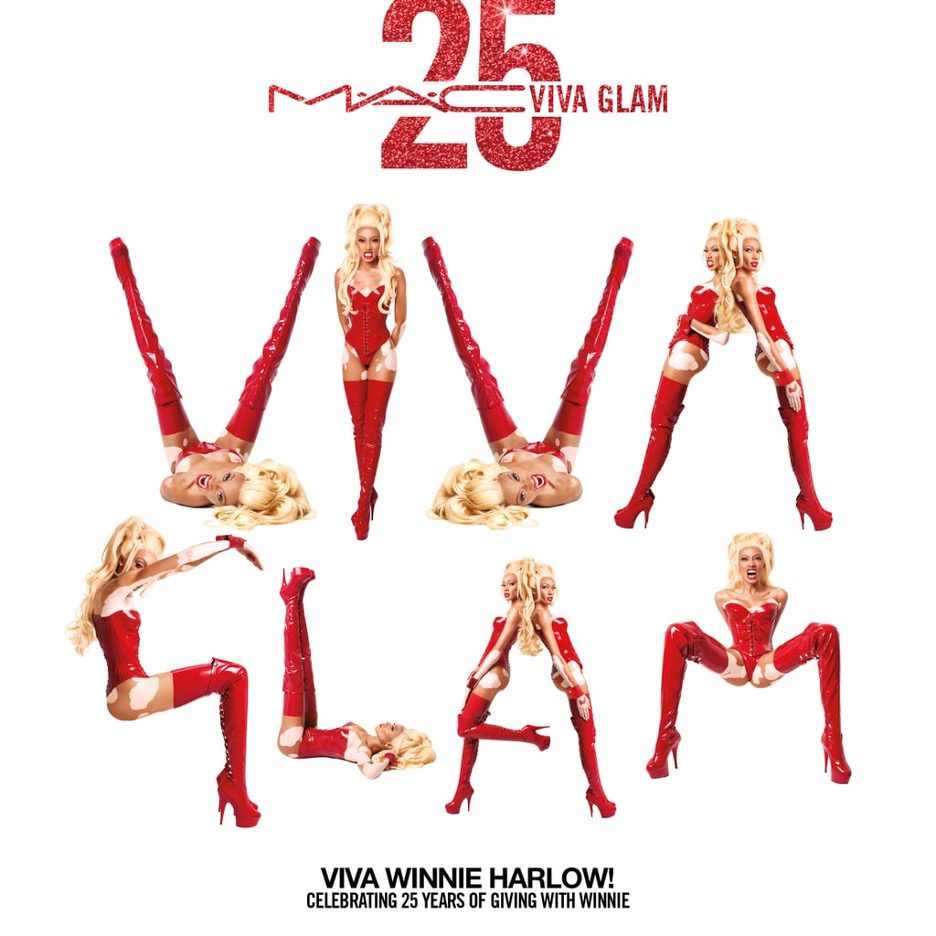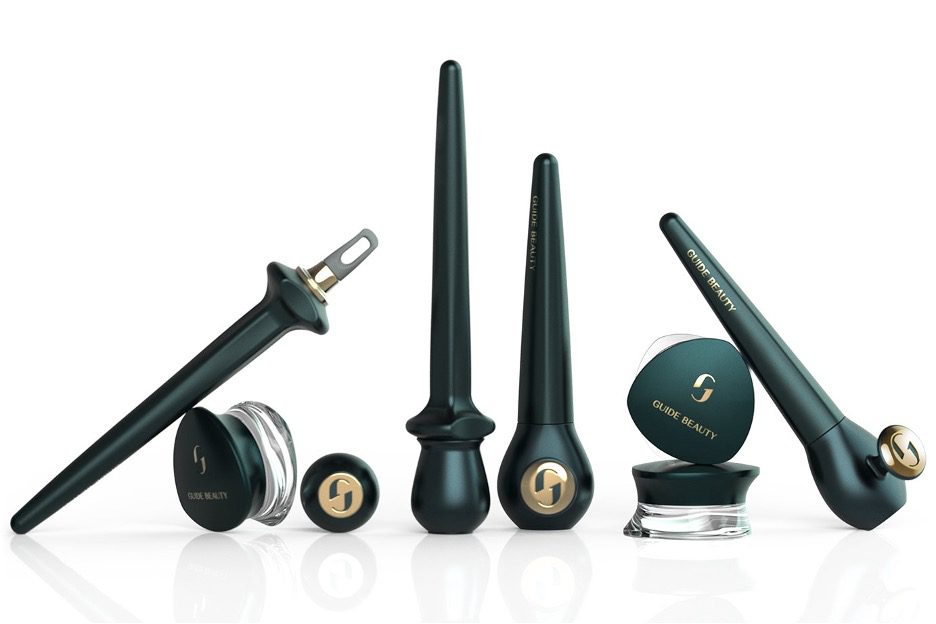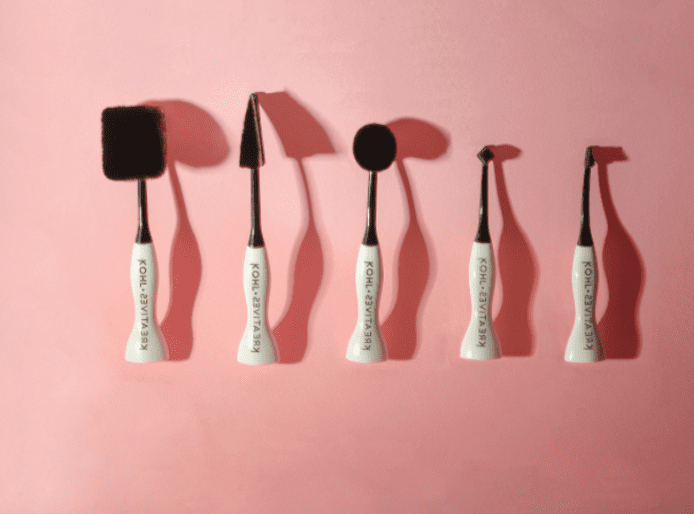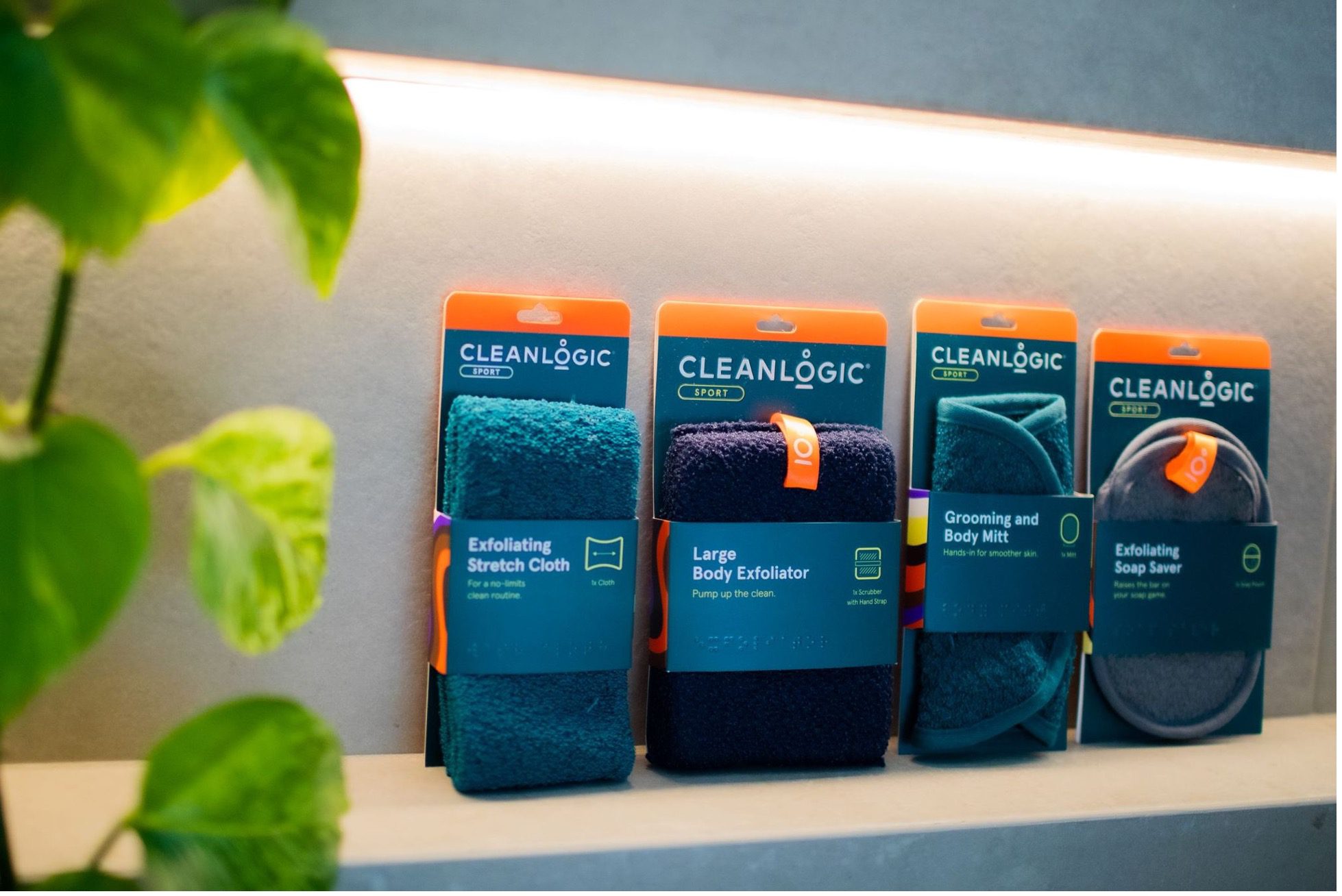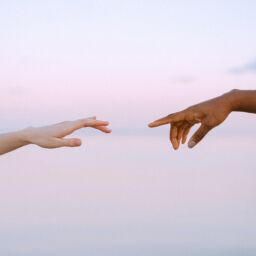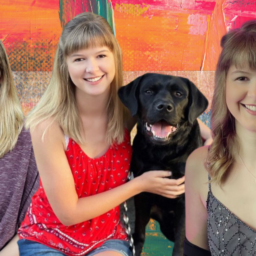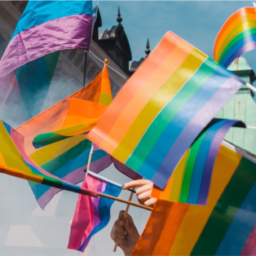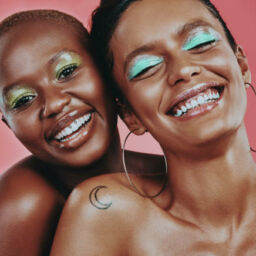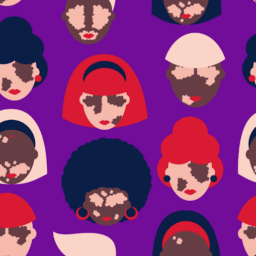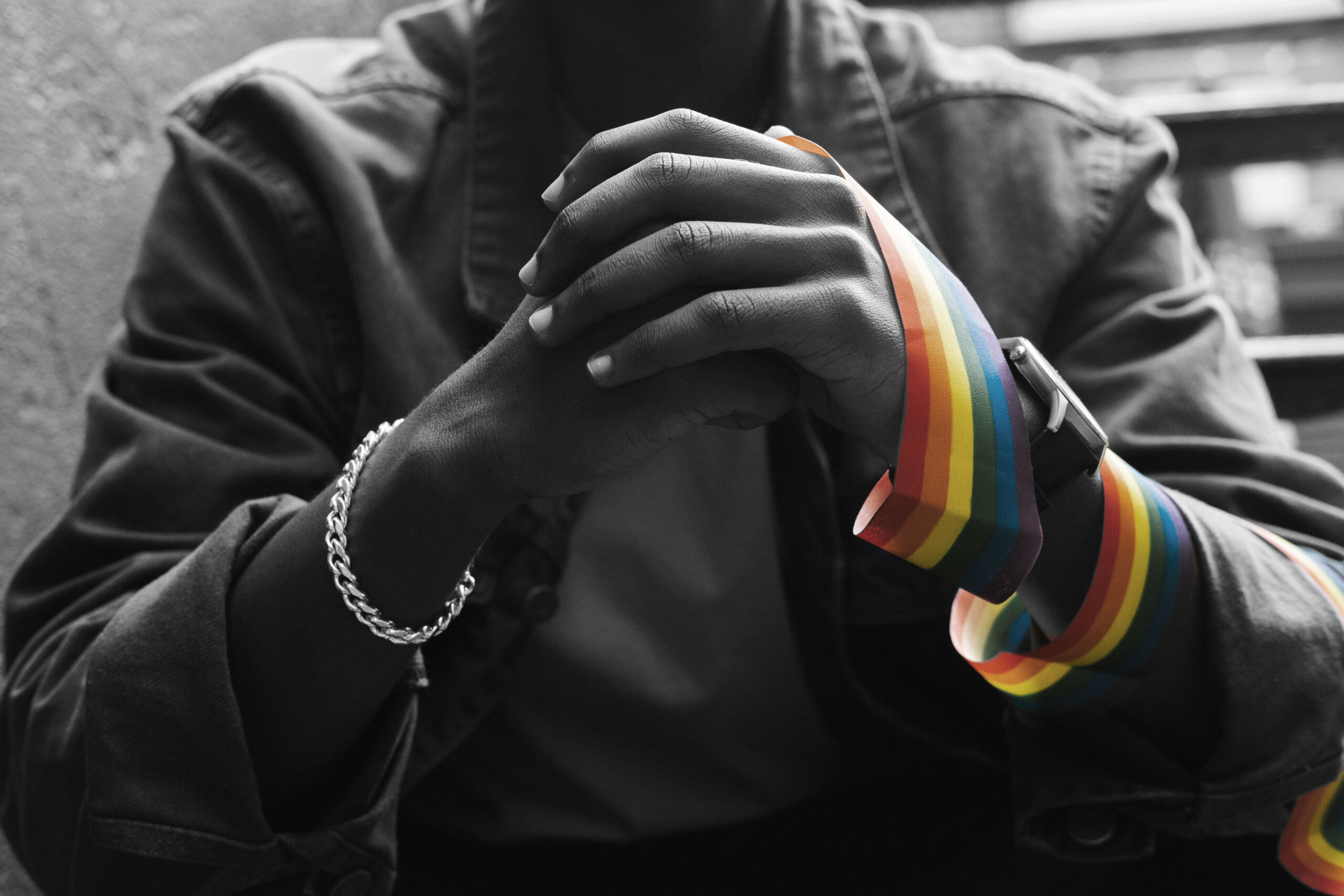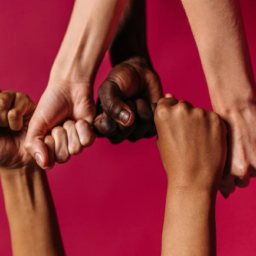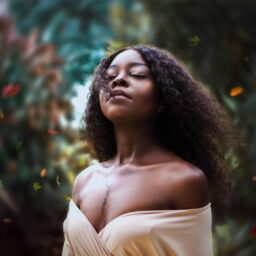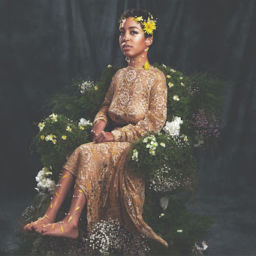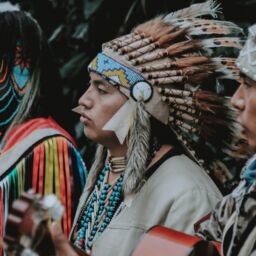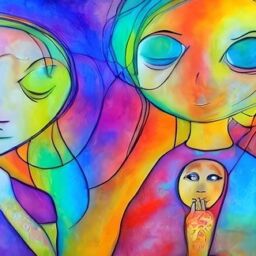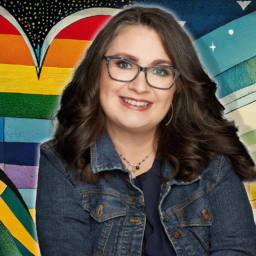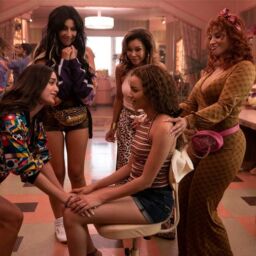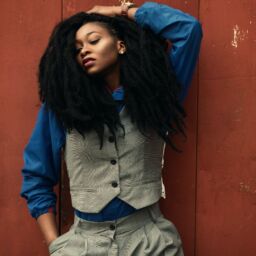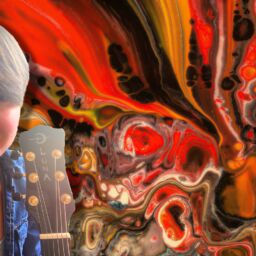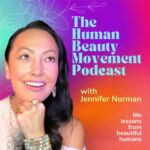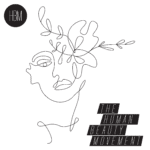
The beauty industry has long been criticized for not reflecting real consumers and not catering to those with special needs. Thankfully, things are starting to change. The industry is evolving to show more diversity and acceptance, and products are being launched to meet the needs of consumers who had previously been overlooked. But so much more needs to be done.
The Call For Diverse Representation
The model images we see in advertisements and in the media greatly influence our views on who and what are deemed ‘beautiful’. The more we are exposed to media, the more likely we are to compare ourselves to the images we see. And when the images don’t look like us, over time, we get the message that we aren’t seen and aren’t attractive. One study concluded that only 5% of women naturally possess the body type often portrayed by Americans in the media.1 That leaves 95% of women subject to feeling as though they don’t measure up.
On the other hand, most Americans (63%) say they are inspired by beauty brands that show diversity in advertising. They say they want to see diversity in ads to better reflect real life and show that there are different ways to be beautiful.2 Additionally, 21% of adults who actively use beauty products have sought out beauty brands that promote diversity, while 20% mention a willingness to pay more for a product from an inclusive brand.3
Here are a few brands that have been recognized recently for demonstrating inclusive representation:
Fenty Beauty
In 2017, makeup brand Fenty Beauty was introduced by Sephora’s Kendo Brands and pop star Rihanna. Many praised the launch for its extensive foundation range of 40 shades (now expanded to 50) and its multiracial marketing campaign. Today, many brands have followed suit and expanded their makeup lines to include a wider variety of shades. Additionally, Rihanna herself as a spokesperson exudes self confidence in her curviness, helping to promote body positivity and quash body shaming.
Gucci
In 2020, Guccy Beauty launched a campaign titled “Unconventional Beauty” which celebrated “non-stereotypical beauty”. Ellie Goldstein, an 18-year-old British model, now holds the honor for being the first down syndrome model to be featured in a Gucci advertisement. Additionally, most of the creative team that worked on Ellie’s photoshoot for Mascara L’Obscur were also disabled.
MAC Cosmetics
First introduced in 1994, The MAC AIDS Fund, now called the MAC Viva Glam Fund, has raised more than $500 million by donating 100% of the proceeds of its Viva Glam lipstick to support the fight against HIV /AIDS as well as healthy futures and equal rights for women, girls, and the LGBTQ+ community.4 MAC underwrites the production costs of the VIVA Glam line and demands that department stores take no cut.
As a brand, MAC has long been an advocate of diversity and inclusivity. The original brand founder, Frank Toskan, said that he wanted his company to cater to minority groups others generally ignored, and he wanted to hire the so-called “weirdos” and misfits of the world to work behind their counters. When the brand first started selling in high-end department stores, the retailers tried to tell the MAC makeup artists how they should dress, act and speak. “At that time, you couldn’t wear black, you couldn’t have tattoos, you certainly couldn’t be a crossdresser or even effeminate,” Toskan said. “We wanted people to be who they are. We demanded to be left alone.” 5
RuPaul was the very first spokesperson hired for MAC and Viva Glam. After that, diverse personalities like Elton John, Lil Kim, Missy Elliott, Ricky Martin, Cyndi Lauper, Boy George and Nicki Minaj represented the line. For Viva Glam’s 25th anniversary in 2019, MAC tapped Winnie Harlow, the model famous for her vitiligo skin condition, to recreate the original RuPaul campaign.
About Disability and Accessibility
According to the CDC, in the United States alone, 61 million adults, that’s 26%, live with some form of disability.6
- 13.7 percent of people with a disability have a mobility disability with serious difficulty walking or climbing stairs.
- 10.8 percent of people with a disability have a cognition disability with serious difficulty concentrating, remembering or making decisions.
- 6.8 percent of people with a disability have an independent living disability with difficulty doing errands alone.
- 5.9 percent of people with a disability are deaf or have serious difficulty hearing
- 4.6 percent of people with a disability have a vision disability with blindness or serious difficulty seeing even when wearing glasses.
- 3.6 percent of people with a disability have a self-care disability with difficulty dressing or bathing.
Despite the preponderance of people with disabilities, they are not often considered when beauty brands are designing new products or packaging. The frustration felt among those with visual impairment, reduced mobility, body tremors, and limb loss can be overwhelming when trying to shop, select, open and use any given personal care or beauty item. It’s no wonder that 57% of people agree that there need to be more beauty products for individuals with mobility challenges, such as packaging that can aid in painting nails or applying makeup.7
Fortunately, more brands today believe that having a disability shouldn’t stop anyone from being able to use and enjoy beauty products, and some are finally beginning to introduce ‘universal design into their products to enhance accessibility for all.8 Here are three brands we’re happy to spotlight that offer products with accessible packaging:
Guide Beauty
Guide Beauty was founded by Terri Bryant, a professional makeup artist who in 2010 started noticing unusual stiffness spanning from her left shoulder down to her fingers. In 2012, she was diagnosed with Parkinson’s Disease, and she thought her career would be over. Her love of makeup and determination caused her to seek out solutions to facilitate cosmetics application, not only for those with unsteady hands, but for all people who want to master the perfect cat eye, brow shape or mascara strokes. The products she launched are made to be hand-steadying, easy to grip, easy to open, and easy to use.
Kohl Kreatives
Kohl Kreatives is an inclusive brand that specializes in stylish makeup tools for people with impaired motor skills. It’s famous for its flexible makeup-up brushes that bend to make applying makeup easier and more comfortable. Kohl Kreatives’ vegan brushes have an easy-to-grip base in various shapes that allow you to get into those hard-to-reach areas. Additionally, a percentage of Kohl Kreatives’ proceeds are donated to Kohl Kares, which focuses on empowering people through makeup.
Cleanlogic
Cleanlogic rebranded this year, complete with an updated look and a shift to all-paper packaging. By eliminating its traditional soft plastic packing, Cleanlogic was able to print braille on every product. The brand also partnered with the American Foundation for the Blind to ensure accuracy. Cleanlogic has been advocating for more awareness of visual impairment in the industry by supporting nonprofit organizations and hosting pre-pandemic blindfolded dinners with retail executives. Additionally, the brand believes that it’s important for everyone to acknowledge that the CDC projects that visual impairment cases will double over the next 3 decades.9
The #PullUpForChange Campaign
Uoma Beauty founder Sharon Chuter launched the #pullupforchange campaign on June 3rd, 2020, which called upon brands to release a statement of support for Black Lives Matter by making public the percentage of diverse employees within their ranks. The campaign asked consumers to refrain from buying products from brands until they respond.
Along with the call to action, Sharon also shared a video that relayed important statistics. She mentioned that, according to the Center for Talent Innovation, only 8% of corporate professionals and 3.2% of executives and senior-level managers are Black, as well as only 4 Fortune 500 CEOs.10
In response to the #pullupforchange hashtag, companies came forward with their statistics, even those that did not meet diversity/inclusivity muster within their business employment records. The significance of the hashtag, though, was that it enabled brands to transparently own up to their diversity shortcomings. Many acknowledged that they still needed to do a lot of work to be more representative, diverse, and inclusive. And notably, it helped spawn action plans for companies to develop anti-racist training, hiring, and leadership policies.
Brands that shared statistics in response to the #pullupforchange hashtag include:
- Kylie Cosmetics: 13% Black, 47% BIPOC (Black and Indigenous people of color), 53% White, 100% Women Identifying
- Ulta Beauty: 18% Black Board Members, 13% Black Leadership Team Employees, 6% Black Associated
- MAC Cosmetics: 18% Black Representation Across the Organization, 17% in the Executive Team, 4.5% at Director Level or Above
- Becca Cosmetics: 12% Black Employees, 14% Black Executive Officers, 3% at Executive Level or Above
- Mented Cosmetics: 100% Black Employees, 75% Black Board Members
- Sephora: 14% Black Representation
- Urban Skin Rx: 64% Black Employees
Over 70 brands released statements for the #pullupforchange campaign. You can view all the brands that answered Sharon’s call to action here.
What The Human Beauty Movement Is Doing To Support Inclusivity
Even though The Human Beauty Movement, parent company of Humanist Beauty, is founded by an Asian American woman, and even though the company’s founding principles are based upon honoring all humans regardless of color, gender, age, creed, status, or ability, we know that statements are not enough. Currently, the leadership team is undergoing an intensive six-week anti-racist training program led by Hella Social Impact to develop a crystal-clear action plan to ensure the company has policies in place that are founded on justice, equality, diversity, and inclusivity.
The Human Beauty Movement and Humanist Beauty will always stand for radical inclusivity, yet we know we must deliver against our words. In order to inspire all humans to be the best versions of themselves, we must ensure that all stakeholders – from our vendors, to our leadership teams, to our employees, to our partners, to our customers – feel valued, seen, and heard.
If you’d like the support of others who share your views on inclusivity, diversity, and acceptance, join The Human Beauty Movement community here.
References:
https://www.mediaed.org/discussion-guides/Killing-Us-Softly-4-Discussion-Guide.pdf [1]
https://www.thinkwithgoogle.com/marketing-strategies/video/youtube-history/ [4]
https://www.cdc.gov/ncbddd/disabilityandhealth/infographic-disability-impacts-all.html [6]
http://universaldesign.ie/What-is-Universal-Design/ [8]
https://www.cdc.gov/visionhealth/risk/burden.htm [9]
https://www.talentinnovation.org/_private/assets/BeingBlack-KeyFindings-CTI.pdf [10]

